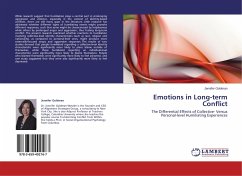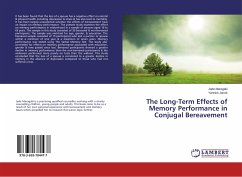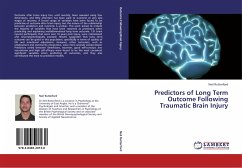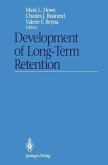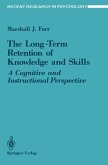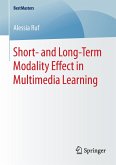While research suggest that humiliation plays a central part in prolonging aggression and violence, especially in the context of identity-based conflicts, there are still many gaps in the literature. Little research has addressed whether different types of humiliating events might provoke different responses, such that some might be characterized by helplessness while others by prolonged anger and aggression, thus fueling long-term conflict. The present research examined whether reactions to humiliation involving collective-level identity characteristics (such as race, religion and nationality), as compared to personal-level ones, might produce more externally-focused angry and aggressive responses. The results of two studies showed that people humiliated regarding a collective-level identity characteristic were significantly more likely to place blame outside of themselves, while those humiliated regarding an individual-level characteristic were significantly more likely to blame themselves. People who blamed themselves were significantly more likely to feel ashamed, and one study suggested that they were also significantly more likely to feel depressed.

